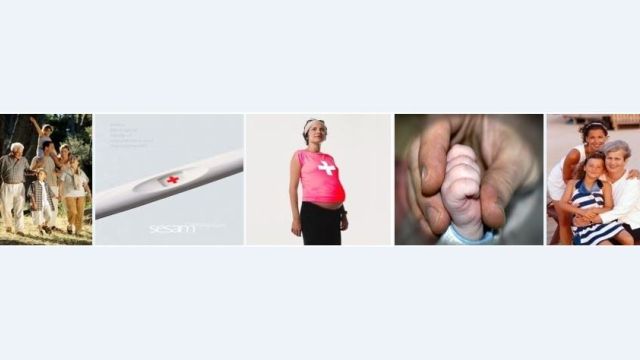The crucial role of the early psychosocial environment in human reproductive developmental plasticity: an evolutionary perspective

Across animal species, the early postnatal environment can have profound influences on the scheduling of growth, development and reproduction and ultimately the adult phenotype. A synthesis between evolutionary anthropology and developmental psychology in the 1980’s and 1990’s produced a new paradigm investigating the impact of the early psychosocial environment on reproductive development and timing in humans. Consistent with life history theory, a branch of evolutionary theory, this perspective proposes that in high stress environments, where the probability of survival is lower, it is adaptive for individuals to accelerate their reproductive development and timing and increase fertility. This has the effect of increasing the probability of reproducing before death and having surviving offspring in a high risk environment.
In this paper, data from Australia and the United Kingdom will be used to examine the association between childhood psychosocial stress and age at menarche, first sexual intercourse, first pregnancy and first childbirth. This model will then be extended to examine potential effects on fertility, reproductive outcomes and adult body size. Paradoxically, evidence is emerging that increased levels of psychosocial stress in young adulthood can suppress reproduction in these affluent Western populations. These diverse findings concerning human reproductive developmental plasticity are usefully understood within a life history theory framework.
Dr David Coall completed his PhD in the School of Anatomy and Human Biology at the University of Western Australia and his Postdoctoral Research Fellowship in the Centre for Cognitive and Decision Sciences at the University of Basel, Switzerland. After returning to UWA as a researcher in the School of Psychiatry and Clinical Neurosciences, David moved to his current position in the School of Medical and Health Sciences at Edith Cowan University. Still early in his career, he has authored over 30 publications across the fields of evolutionary anthropology, paediatrics, cognitive science, mental health, and maternal and child health. His recent research focuses on the impact the childhood environment has on growth, development and reproduction in humans and the influence grandparents have in families and the lives of grandchildren.
Location
Jean Martin Room (Level 3), 13 Ellery Crescent, 2601 Acton,
Speaker
- Dr David Coall
Contact
- Dr Justyna Miszkiewicz02 6125 9295